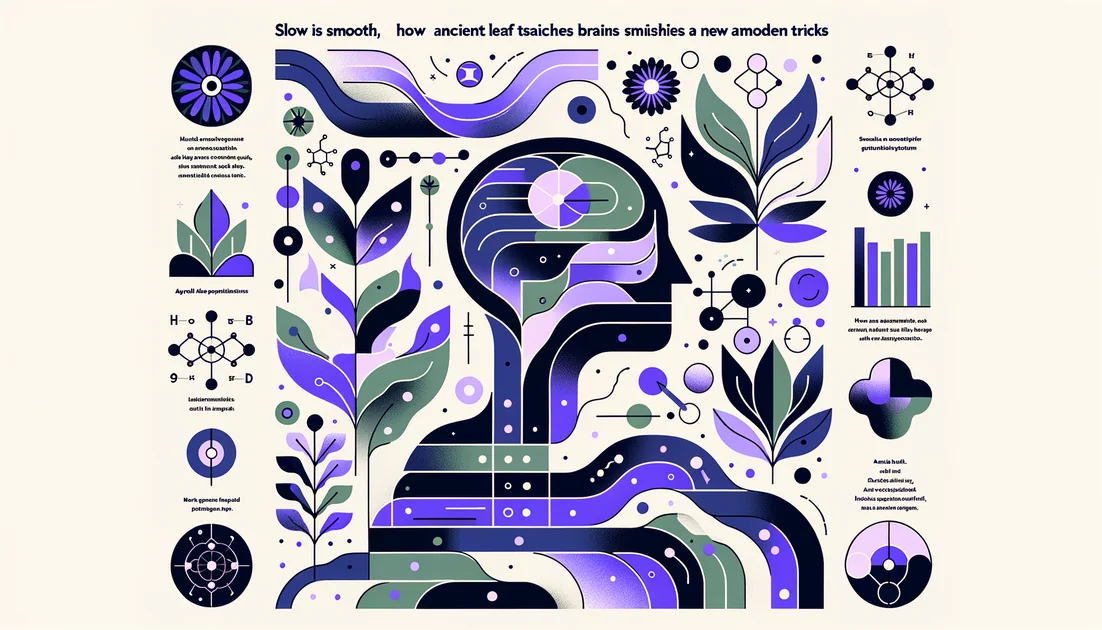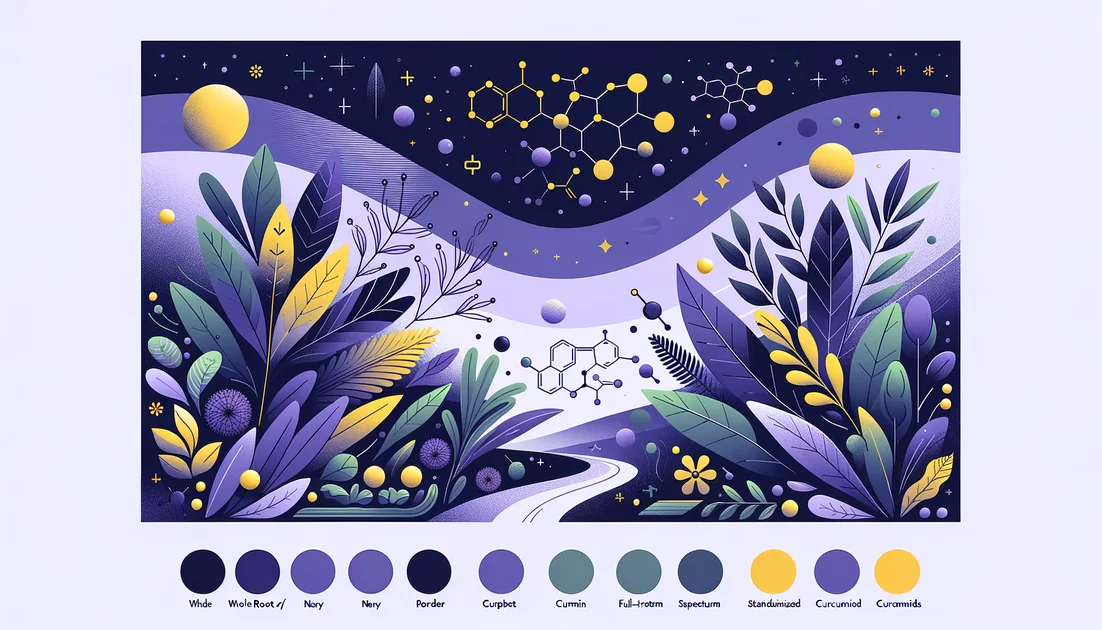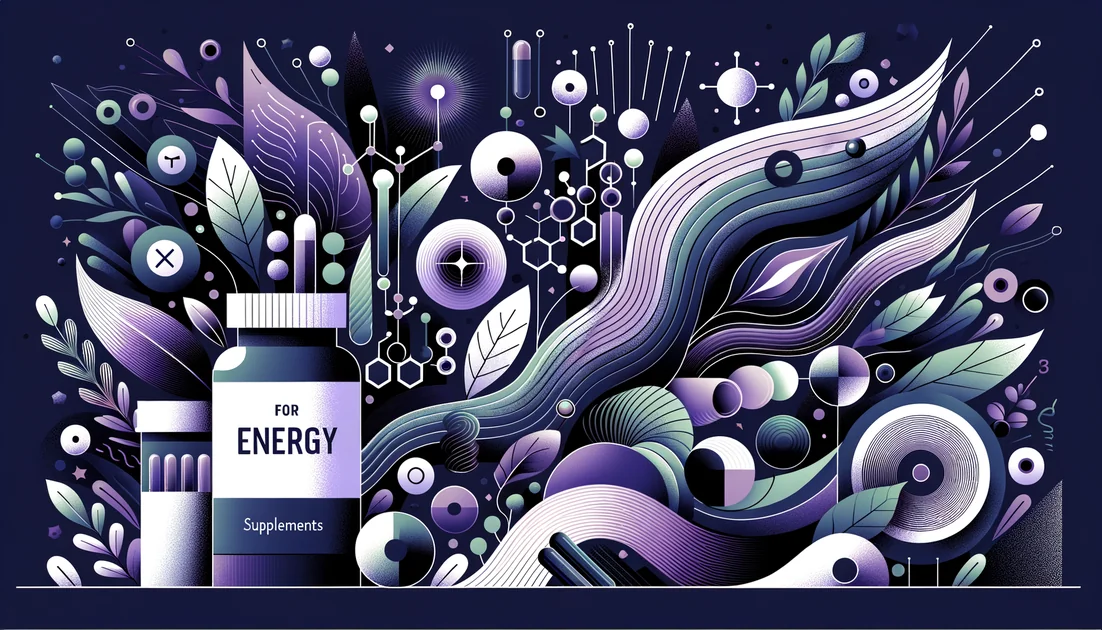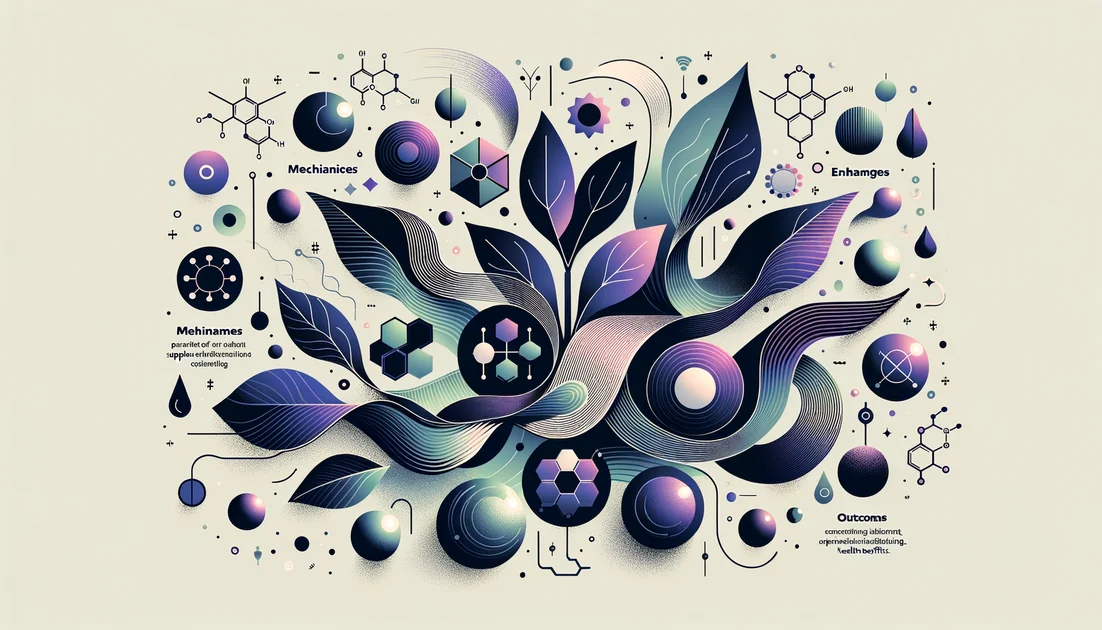
Slow Is Smooth, Smooth Is Smart: How Bacognize's Ancient Leaf Teaches a Modern Brain New Tricks
You expect brain boosters to make everything faster. Then researchers noticed something odd: people on Bacopa sometimes grew a little slower on the stopwatch—yet sharper where it mattered. They missed fewer details, remembered more words, felt steadier under stress. A plant that slows you down to make you smarter? That paradox became the trail to Bacognize, a modern, standardized extract of an old Ayurvedic herb.
- Evidence
- Promising
- Immediate Effect
- No → 8–12 weeks
- Wears Off
- Gradually; limited data, with some effects persisting 4 weeks after stopping
The paradox that started it all
At Swinburne University, volunteers training their minds while taking Bacopa faced a tricky image test. They took a beat longer to answer—but were more precise, as if the brain gently moved its foot from the gas to the brakes to avoid skids. The lab summarized it simply: "those who took Bacopa monnieri were slower at responding to distractor pictures, but they were more accurate."[8] That trade-off—speed for accuracy—became a signature clue.
From ashram to assay
For centuries, Ayurvedic practitioners called Bacopa "Brahmi," a mind-tonic for study, recall, and calm. The modern chapter is Bacognize, a full-spectrum extract standardized to bacopa glycosides and manufactured with traceability from farm to finish—so a folk remedy becomes a reproducible ingredient, typically used at 150–300 mg per day.[1] The question isn't whether a plant is storied; it's whether it works. Two early lines of evidence converged. First, a systematic review of randomized trials found signals for memory—especially free recall—after weeks of daily use.[5] Soon after, a meta-analysis pooled nine studies and reported improvements in attention speed and choice reaction time: brains not racing, but reading the road better.[4]
What happens when real people take it?
In a university trial, healthy adults taking a Bacopa extract for 12 weeks remembered more words and consolidated new learning better. The authors noted the "maximal effects evident after 12 weeks," a nudge to be patient.[6]
In community-dwelling older adults, 12 weeks of Bacopa improved delayed word recall and performance on interference-heavy tasks—think remembering the fourth item after a noisy day. Stomach upset was the most common complaint, on par with placebo.[7]
When researchers tested Bacognize specifically, results became more personal. Medical students on 300 mg/day for six weeks improved on attention, processing speed, and working memory tests—skills you feel when you can study longer without rereading the same line.[2] A small earlier study with Bacognize suggested gains that still showed up four weeks after stopping, hinting at learning that sticks.[15]
Another Bacognize trial recruited adults with poor sleep. Sleep itself didn't beat placebo over 28 days—but emotional wellbeing and general health nudged higher, and stress-related saliva markers dipped. In other words, mood and daytime function improved even when nights didn't, a finding the authors urged others to retest over longer windows.[3]
How a leaf teaches a brain
Translating biochemistry into plain English: Bacopa seems to help neurons build and refine connections—like adding new roads and resurfacing old ones—while quieting the cellular "alarm bells" that make thinking feel noisy. In older adults combining Bacopa with cognitive training, brain imaging suggested the tangle of neural branches became more flexible and complex—more pathways to get where you're going.[8] Reviews point to support for the brain's messenger systems for learning and attention, along with antioxidant housekeeping that keeps circuits clear.[11] But the most practical mechanism is experiential: a shift from hurry to clarity. That's why the stopwatch paradox keeps appearing. A supplement that encourages your brain to check its work may feel slower at first—and end up smarter by the final exam.
The timeline no one tells you about
Bacopa isn't a cup of coffee; it's a training plan. Multiple trials show little to measure at five weeks and clearer benefits by 8–12 weeks. Stough's group put it bluntly: benefits were greatest at week 12.[6] Another clinical paper on older adults noted the same pattern—effects at 12 weeks, not at five—so plan on seasons, not sprints.[13]
Expectations, metered
What improves first? In Bacognize research, mood and general health moved within a month even when sleep did not; in students and older adults, attention and recall strengthened over 6–12 weeks.[3][2][7]
What might you feel? Some people report mild digestive changes or a touch of drowsiness early on; taking with food usually helps.[9][10]
Who should be cautious? Because Bacopa can nudge the body's own "calm-and-connect" signals, those with slow heart rate, certain GI or lung conditions, or thyroid disorders should speak with a clinician first; animal work suggests possible T4 increases, and reference sites flag bradycardia and obstruction risks.[12][10][9]
How people actually use it
Most Bacognize trials dose 300 mg per day, often split morning and midday. Think of it like daily practice: steady, with meals, for at least two to three months. Expect the brain to prioritize accuracy before speed—just as the lab saw with distracting pictures.[1][2][8]
What we still don't know
Sleep vs. wellbeing: The Bacognize sleep study is a bit of a plot twist, improving daytime wellbeing without better sleep. That invites longer, larger trials with actigraphy and richer mood profiling.[3]
Comparisons and combinations: Head-to-head trials among Bacopa extracts and with cognitive training, plus bioavailability work, could clarify who benefits most and why.[4][5][11]
"B. monniera..[showed] maximal effects evident after 12 weeks."[6]
"Those who took Bacopa monnieri were slower.. but they were more accurate."[8] Even marketers at the ingredient's manufacturer frame it as adaptation, not stimulation: support for "mood, emotional wellbeing, focus, attention, and overall cognitive vitality" without jolting sleep.[16]
The takeaway
Bacognize is not a switch you flip; it's a skill you build. If you give it time, the plant that sometimes slows you down may help you learn faster, recall more cleanly, and move through your days with steadier attention—ancient wisdom, modernized, and measured by stopwatches and word lists alike.[1][2][3][4]
Key takeaways
- •Bacognize's signature effect is speed-for-accuracy: slightly slower responses with fewer errors, supporting calmer, more precise cognition.
- •Promising evidence includes a meta-analysis of nine RCTs and a 6-week study in medical students showing improvements in attention, processing speed, and working memory.
- •In poor sleepers, Bacognize didn't beat placebo for insomnia but improved emotional wellbeing and stress-related salivary markers within 28 days.
- •Dose most often studied is 300 mg/day, commonly split 150 mg twice daily with meals; expect effects to accumulate over 8–12 weeks.
- •Timing favors morning and early afternoon to avoid nighttime drowsiness; think consistent daily practice and judge results after about three months.
- •Use caution with GI issues, bradycardia, reactive lung disease, thyroid disorders, or when taking anticholinergic/sedative drugs or CYP1A2/2C9/2C19/3A4 substrates.
You might also like
Explore more of our evidence-led investigations, comparisons, and guides across every article style.

Life Extension
Life Extension's paradox: quality-control muscle, request-only proof, and a cleaned-up regulatory trail



Shilajit
You hear about a black resin scraped from Himalayan rock that influencers swear will raise testosterone overnight. Yet the most convincing modern study wasn't about gym bros at all—it was about bone density in postmenopausal women. That paradox is the doorway into shilajit's real story.


Tocotrienols
The stealthier cousins of vitamin E—built with springy tails that move differently in cell membranes and behave differently in your body.


